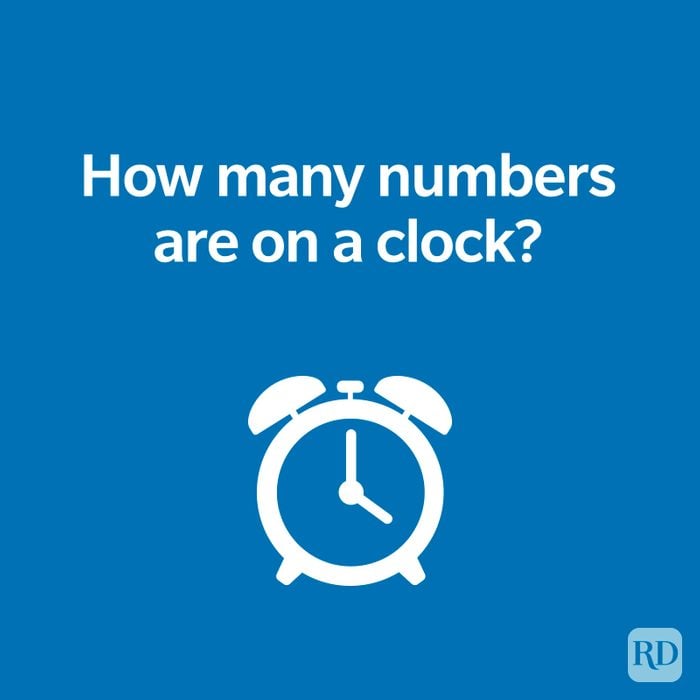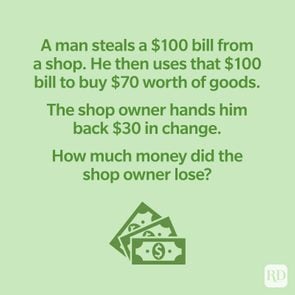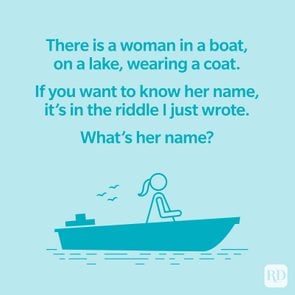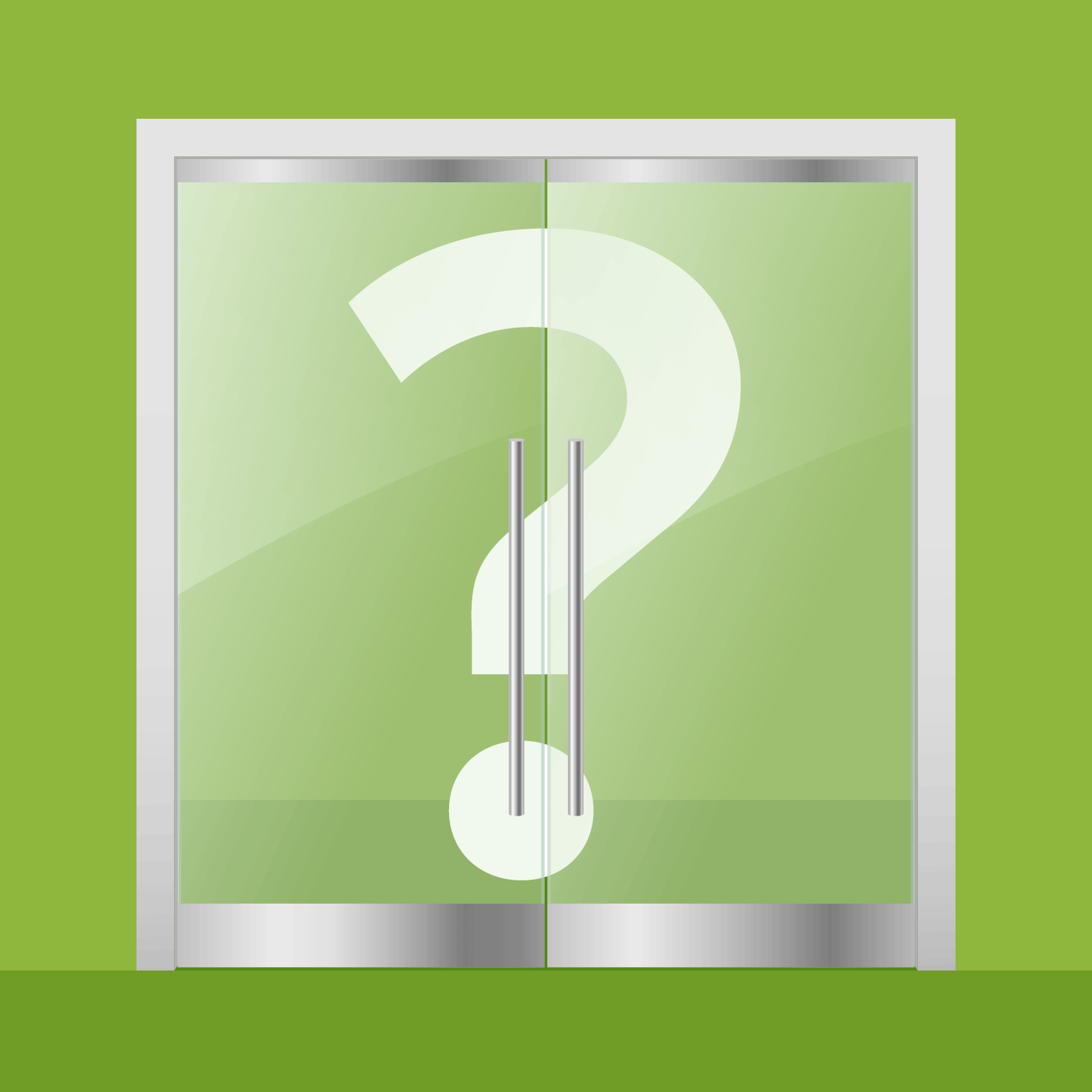How Many Numbers Are on a Clock? Try to Solve the Viral Riddle
Updated: Oct. 05, 2023

If you've got the time, we've got the riddle. And it's time for a riddle about time: How many numbers are on a clock?
By definition, riddles are meant to mislead. The best ones require what’s known as lateral thinking, which refers to looking at a question or problem not by deductive or “vertical” means, but rather by thinking differently—hence, “lateral.” Even these easy riddles will seem hard until you stop using linear logic to solve them. It’s the reason math riddles aren’t the same thing as math problems—and why they’re so much more fun. And it’s why we’re proposing that the viral “How many numbers are on a clock?” riddle might just be the perfect riddle.
It begins with the simplest of questions that, nevertheless, has no simple answer. In fact, the only way to solve it is to think about it differently than what otherwise seems obvious. If you haven’t heard the “How many numbers are on a clock?” riddle yet, then isn’t it about time? Read on and see how it all adds up—or not, which is kind of the point.
Get Reader’s Digest’s Read Up newsletter for riddles, humor, cleaning, travel, tech and fun facts all week long.
The “How many numbers are on a clock?” riddle
Here’s how it goes: “How many numbers are on a clock?” That’s it. That’s the whole thing. All that’s left is to do the math. When we said it was simple, we weren’t kidding.
The hint
We actually already gave you the hint when we said all that’s left is to “do the math.”
The answer
There are 15 numbers on a clock. These are, in clockwise order starting right at the top: 1, 2, 1, 2, 3, 4, 5, 6, 7, 8, 9, 1, 0, 1 and 1.
Strictly speaking, in the math universe, there are really only 10 “numbers.” These are: 1, 2, 3, 4, 5, 6, 7, 8, 9 and 0. Together, these combine to form an infinite array of numerical figures. On a clock, what we read as 10, 11 and 12 are actually three numerical figures comprised of two numbers each. In other words, while the hours of a clock are depicted as being 1 through 12, the actual amount of numbers on a clock total 15.
Why some people might take issue
Wordies might reasonably argue that the answer to the “How many numbers are on a clock?” riddle would be 15 if the riddle were worded “How many digits are on a clock?” You see, the dictionary offers digit as an alternate term encompassing the 10 symbols that comprise 1, 2, 3, 4, 5, 6, 7, 8, 9 and 0. So, it’s true that if the riddle were worded using the word digits rather than numbers, the answer would be a straightforward 15. However, we would argue that if it’s that straightforward, then it’s not really a riddle.
It seems to us that if you were to throw the word digit into the mix, you’d end up with a very basic math question—not a riddle. Moreover, the dictionary offers numerous definitions of the word number, one of which is a “unit in an abstract mathematical system.” So it’s not as if the “How many numbers are on a clock?” riddle is incorrect.
Delightfully misleading? Yes. But that’s what all the best riddles for adults, riddles for teens or riddles for kids have in common.
The analog vs. digital disconnect
One last thing before we run out of time: The “How many numbers are on a clock?” riddle assumes the clock in question is an analog clock, and one that represents each of the 12 hours (and doesn’t also include the date). By contrast, a digital clock will only display four numbers. Since analog clocks aren’t as common among younger generations, you might want to consider that this riddle may hit different among members of Gen Z.
Sources:
- Forbes: “The most valuable skill in difficult times is lateral thinking”
- Britannica: “Digit or number?”
- Merriam-Webster: “Number”
- Merriam-Webster: “Digit”



